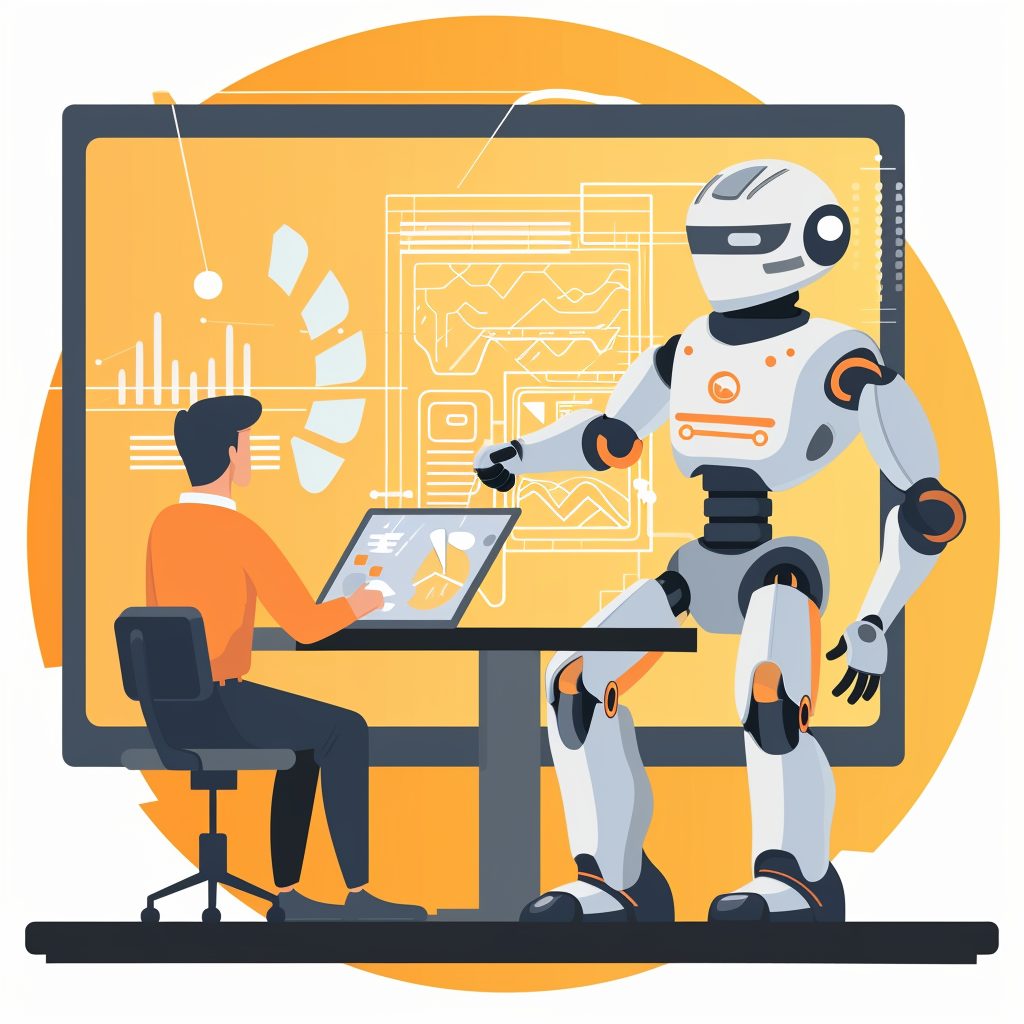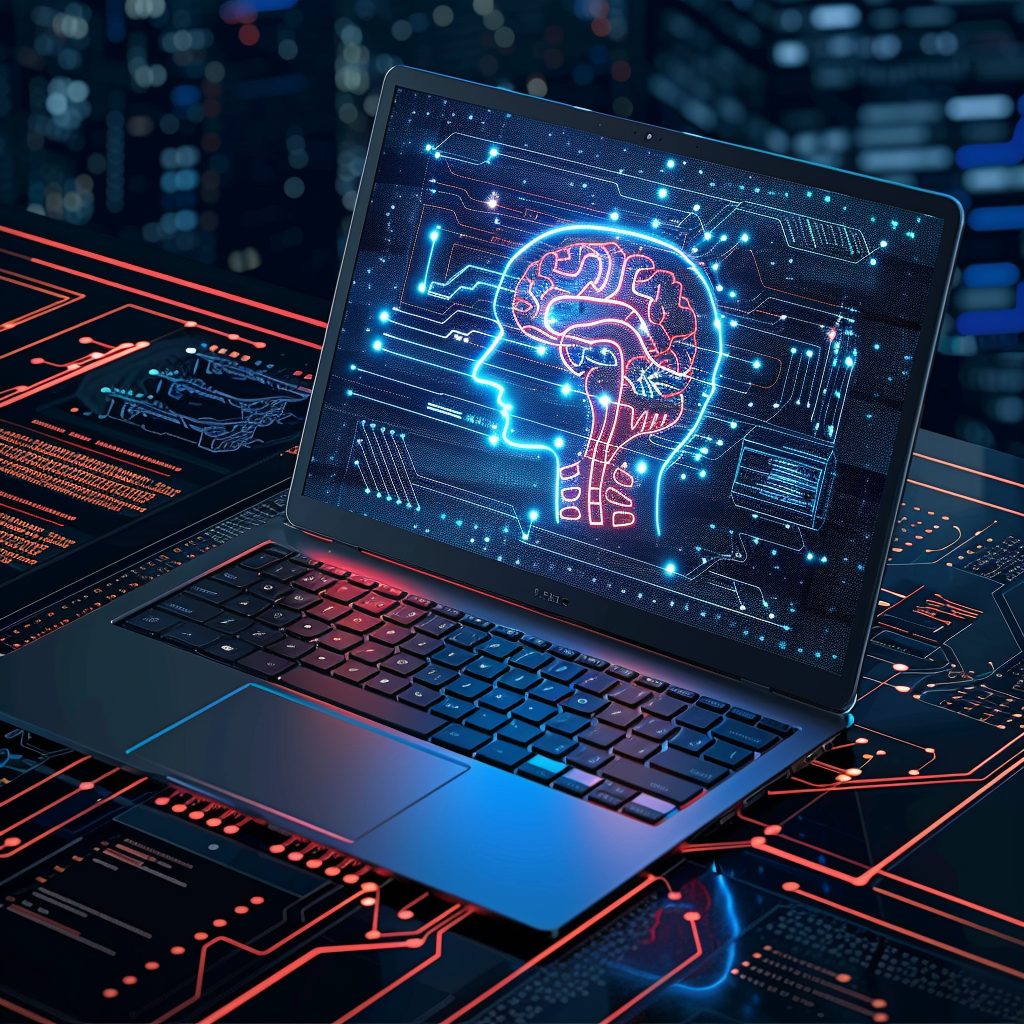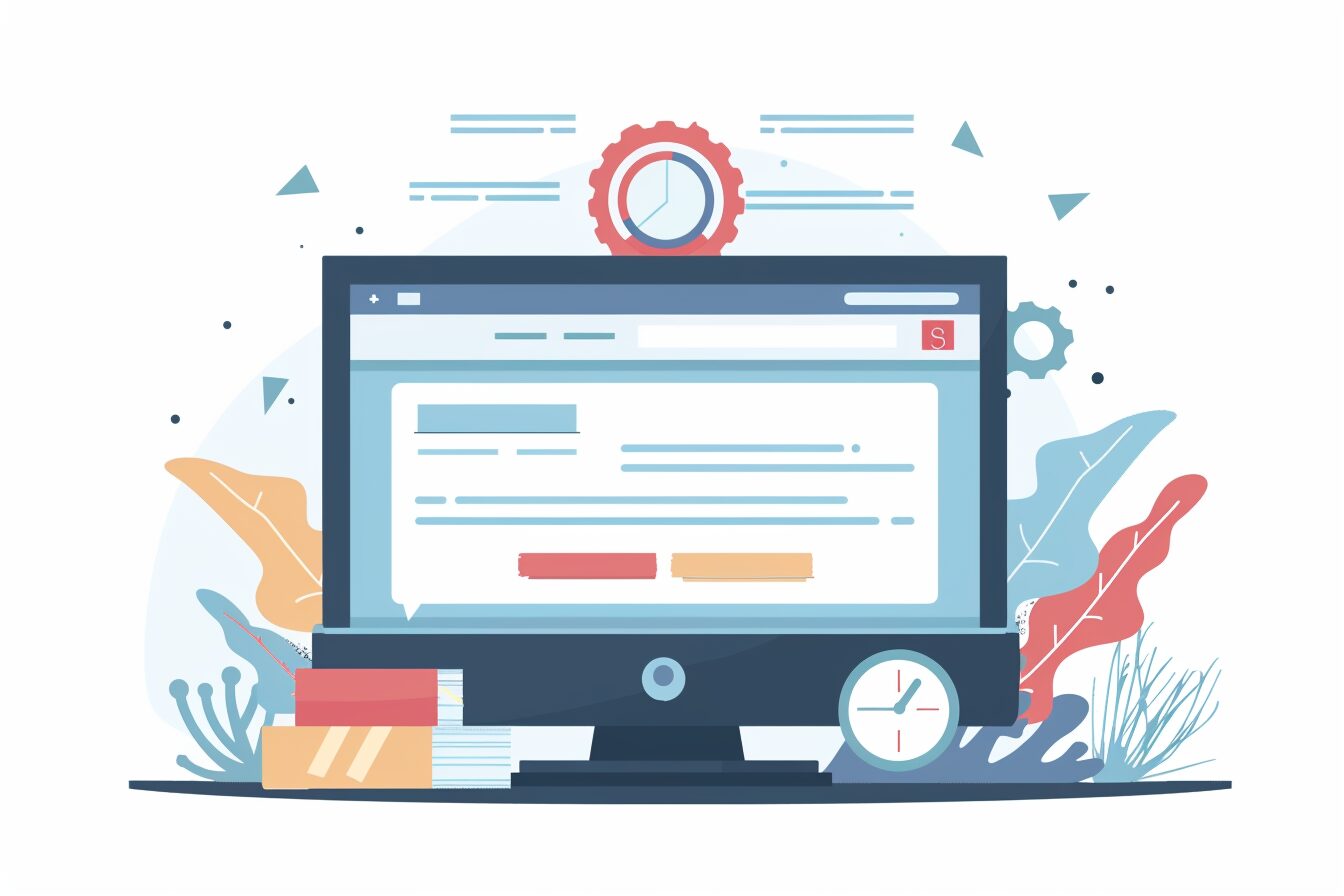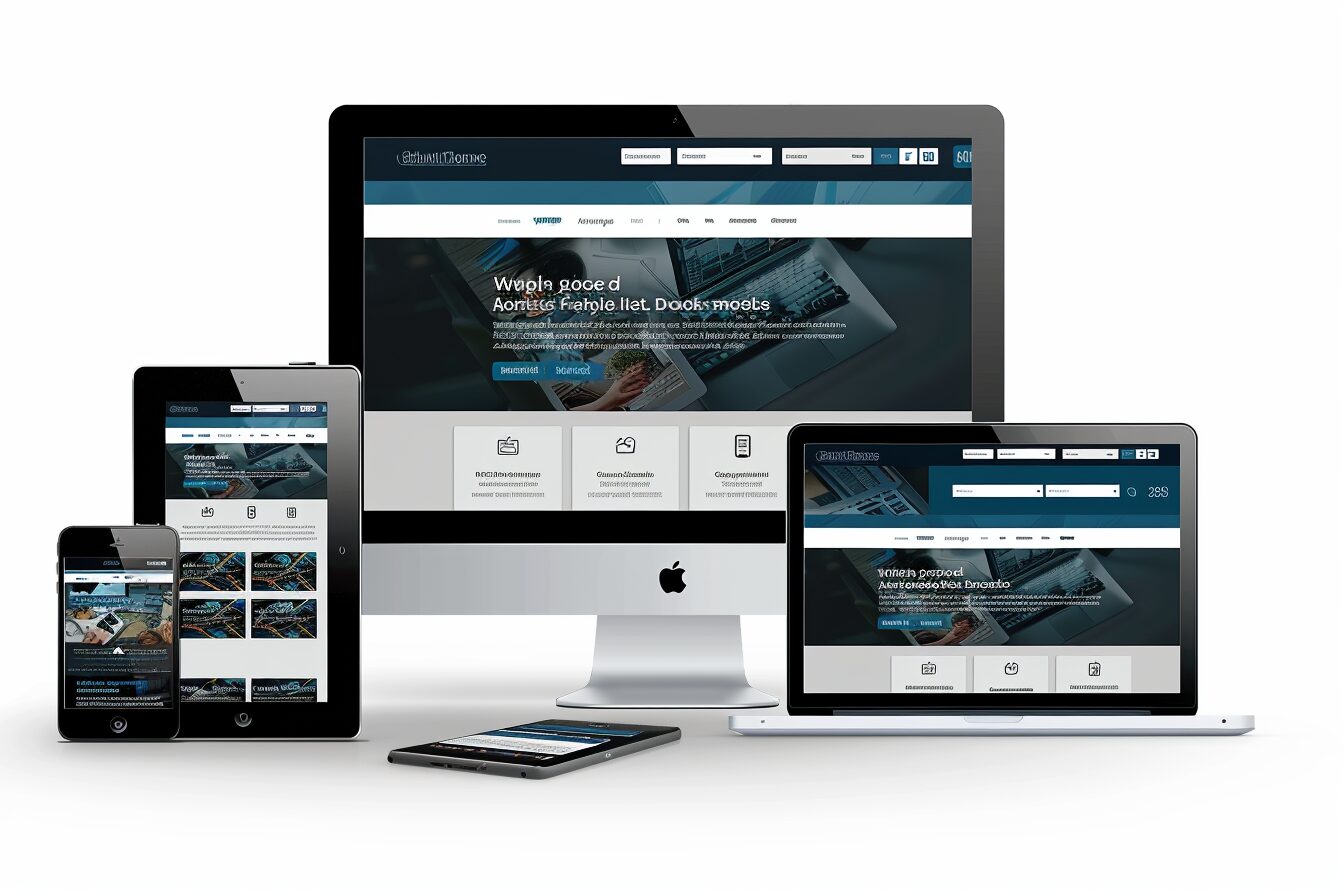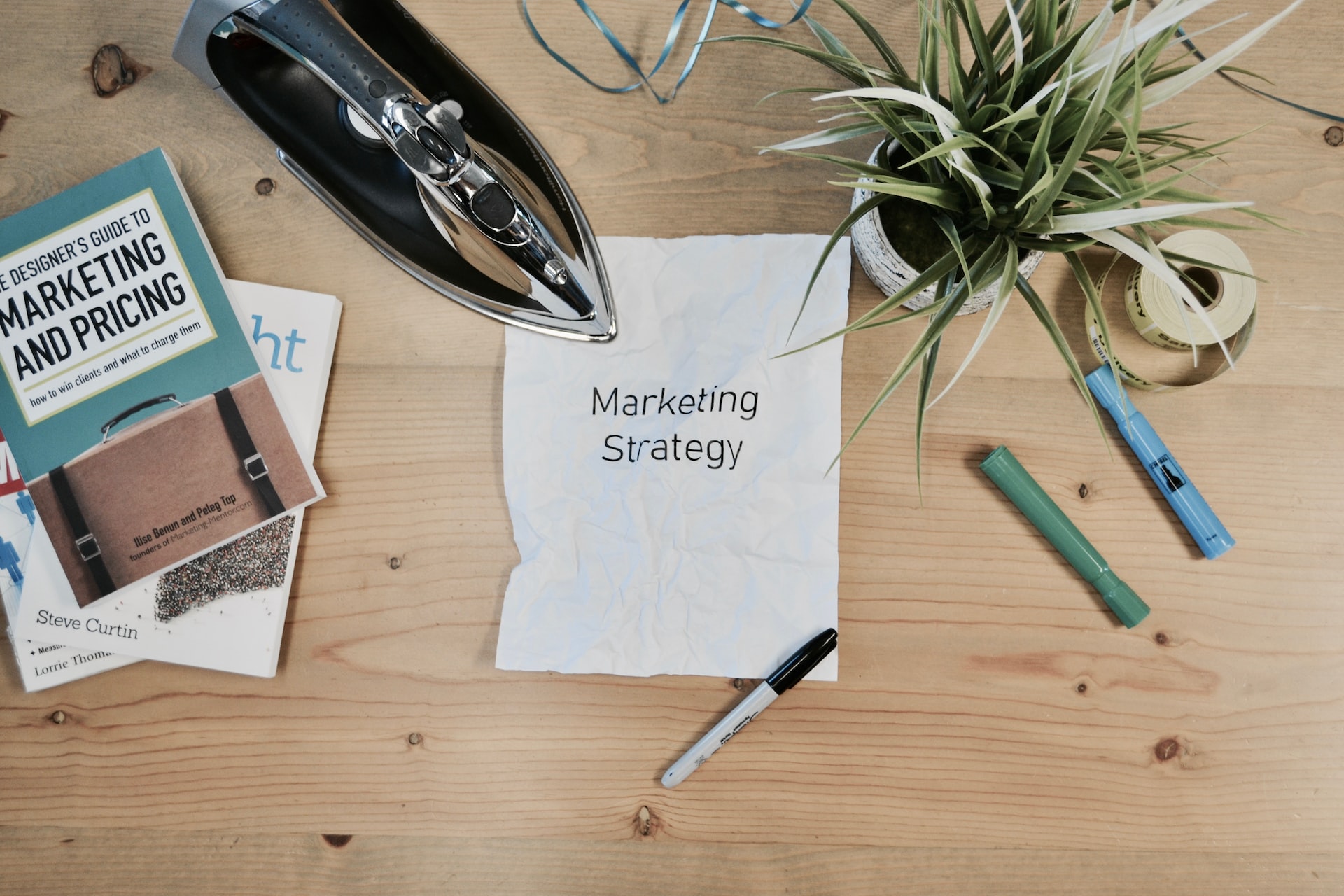
Small Business Computers
Your old computer hardware is slow and unreliable. Its time to upgrade to some new small business computers that will give your business the edge it needs. It can be overwhelming trying to select what exactly you need. What do all these acronyms mean and which ones are relevant to you? Read on as we do a brief review of the important factors in choosing the best computers for your small business, without breaking the bank.
Desktop or Laptop?
Do you need a desktop computer or a laptop? Its important to consider if you will need to travel or work away from the office with your computer. My suggestion is that if you only ever work in the office, or you already have a laptop then its best to go for a desktop computer. They are more powerful and cheaper and allow you to upgrade the components over time to keep them relevant. However, if you work out of office a lot then a laptop is the obvious choice.
Which Operating System?
There are three main options to choose from when it comes to operating system. Windows, MacOS and Linux. They all have their strengths and are all suitable for the majority of business applications. Most business users choose Windows for its low cost and ability to install on lots of hardware.
MacOS is a great choice for business, design and creative users. You are however limited on using Apple hardware. Apple hardware can be more expensive than equivalent specification windows machines but is usually very high quality and the hardware and software work well together. But not all Windows applications have MacOS equivalents so make sure your critical applications will work with this option.
Linux is gaining popularity and is a good option if you only have basic word processing and web browsing needs. As with MacOS its important to make sure the applications your business needs have Linux versions. Linux is a favourite of power users and programmers.
Which Brand and Model?
Choosing a reputable brand can be overwhelming. Some of the major companies that focus on business users are Microsoft, Apple, HP, Dell and Lenovo. From my experience choosing a good brand and a good model is important. Be sure to check out the online reviews for the specific model you are considering buying. As with most things the cheapest options are not necessarily the best, look at the mid to high end models for the best quality and value. These are also the machines that will last a decent amount of time.
Warranty
Each computer manufacturer has different warranty and requirements depending on the region. Make sure the brand you are considering has a good reputation for honouring warranties in your area. For example Apple has a compulsory 24month warrant under Australian consumer law. This is great but also makes them more expensive here.
Which CPU?
Its easy to get caught up with all the specs, this many cores and that many GHz. The truth is that for most office work, not including design (rendering etc.) you do not need a super fast CPU. Usually 2-4 cores is fine, and > 2.8GHz for the speed. There are other factors that are ultimately more important than CPU speed, but this is what the computer manufacturers use to entice people to buy otherwise low quality machines.
There are two main CPU manufacturers, Intel and AMD. They both have great CPU’s that cover the whole spectrum from budget to power users. Both options have wide Windows and Linux support with most Apple computers being powered buy Intel chips.
If you don’t need a dedicated graphics card then be sure the CPU you are considering has an on-board graphics chip (GPU). The mid to high end chips have more powerful graphics chips.
How much RAM?
Ram is important. Most modern machines will have fast DDR4 RAM. As a guide 8GB is a minimum with 16GB being recommended. Another factor is if the ram is upgradeable. Some laptops have fixed ram and once you buy you are stuck with the amount of ram.
Most desktop computers have upgradeable ram, with the more ram slots making it easy to add ram in the future.
SSD or Hard Drive?
An SSD (Solid State Drive) is one of the most important things for your computers performance in day to day office activities. It might be tempting to go for the larger mechanical hard drive but its better to get a smaller SSD. 250 – 500GB is a good size for most office computers.
SSD drives can be 5-10 times faster than normal drives, which explains the price difference. Some reputable brands for SSD’s include Samsung and Intel.
If you budget allows then its good to go for a M.2 SSD. These plug directly into the motherboard and are faster than normal SSD’s.
Do you need a Graphics Card?
For most office use cases your computer does not need a powerful graphics card. A lot of new Intel and AMD chips have on-board graphics chips that are powerful enough for running multiple monitors and general purpose computing. Dedicated graphics cards are mainly for gaming and computer graphics work. This is an easy way to save big money, as a decent graphics card can cost $700+.
Monitors
The monitor is something that is often overlooked, or an afterthought. I suggest saving money by following the above tips and buying a better quality monitor. Remember, you will be looking at it for the whole day. Cheap monitors can have uneven back-lighting and poor colour representation. Having a monitor with good height and angle adjust-ability is important too.
For desktop computers the size of the monitor should be 24-28 inches with lots of people opting for dual monitor set-ups. This can increase productivity by not having to switch application as much.
Laptop screen size varies from 10-20inches. If you will be carrying the laptop around with you a lot having one that isn’t too big and is light is important. The sweet spot between usability and portability seems to be around 12-14 inches.
Conclusion
There are many factors to consider when choosing a small business computer.
-
- Don’t get caught up in the hype
-
- Focus on choosing a computer that is powerful enough but not overkill
-
- Choose a reputable brand
-
- Check online reviews for the specific model
-
- Make sure there is good warranty coverage in your area
-
- As SSD is one of the biggest speed boosts you can get
-
- Dedicated graphics cards are often unnecessary
- A good monitor is important and often overlooked
I hope this quick overview has cleared a few things up for you and helps in selecting the best small business computer. Your new office computer will hopefully be with you for many years so take your time, outline your specific requirements and budget and find the computer that best suits your needs. For my web design agency in Sydney, I chose a custom build PC that was cost effective and has been running perfectly for 6 months.
If you wish to discuss this or can think of something I forgot feel free to reach out. I am a web page designer based in Sydney specialising in custom design, digital marketing and SEO.

